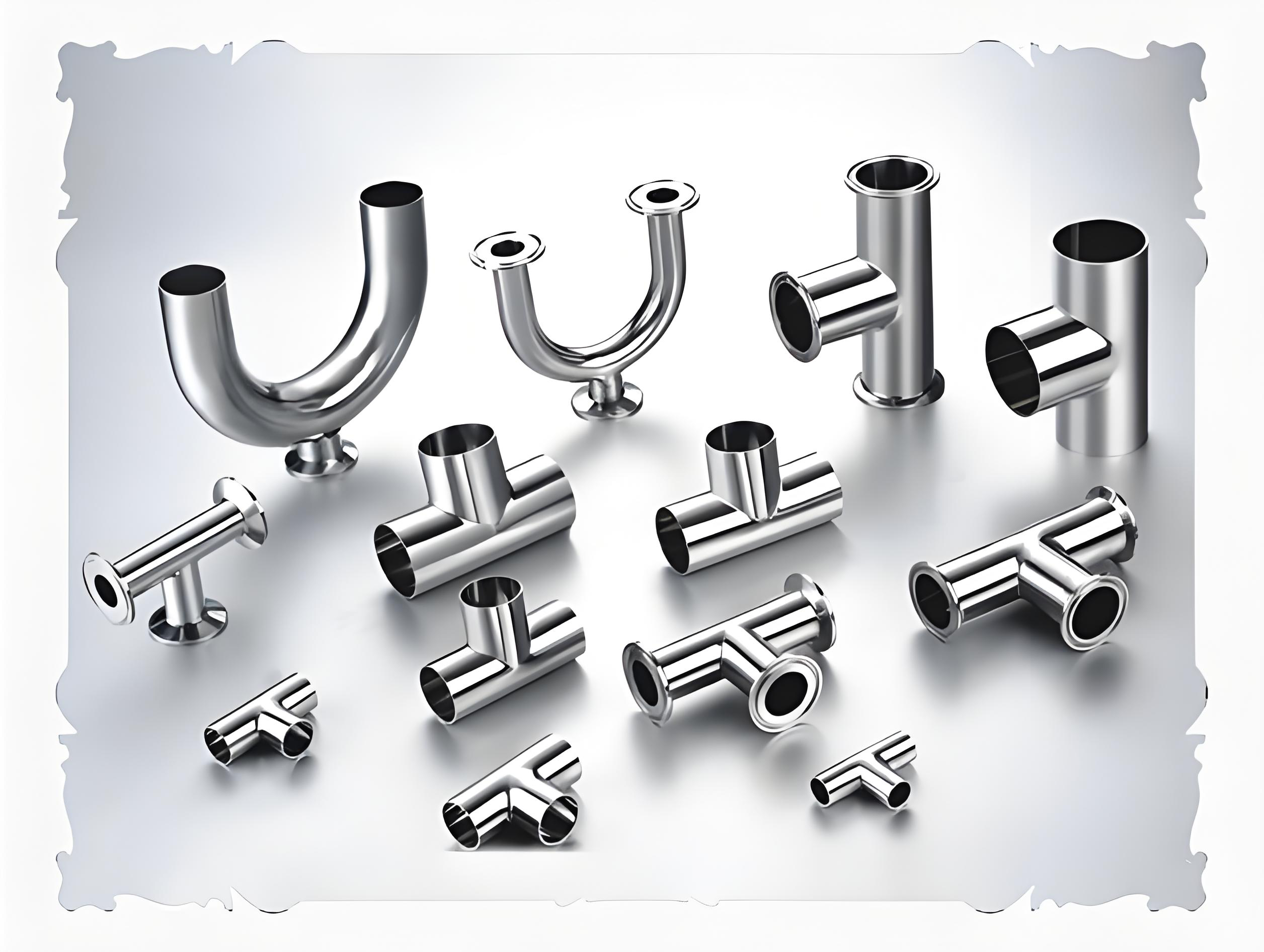CIP and SIP are essential to maintain the original condition of the product. Contamination must be avoided, especially when hygiene requirements are extremely high. This article describes their impact on сантехника and lets you know what they can do to ensure that your трубки из нержавеющей стали а также фитинги из нержавеющей стали perform perfectly.
What are CIP and SIP? Automated Hygiene Solutions!
CIP and SIP are leading edge cleaning methods. They find wide application in hygienic industries such as food, beverage and pharmaceuticals.
- CIP (Clean in Place): This system automatically cleans equipment using chemical solutions. These solutions are circulated through pipes and vessels. No disassembly is required to achieve the goal.
- SIP (Steam In Place): This system typically uses automatic steam autoclaving equipment. It also kills microorganisms without dismantling the equipment.
Both CIP and SIP ensure a high level of cleanliness, reduce labour and increase operational efficiency.
CIP and SIP Impact on Pipelines
CIP and SIP ensure internal cleanliness and they effectively remove residues and microorganisms. This prevents cross-contamination of the product and ensures high product purity.
Proper cleaning avoids build-up and prevents localised corrosion to maintain material integrity.
CIP and SIP are required in many industries, and these methods meet stringent sanitation standards, and compliance avoids costly penalties.
Automated cleaning saves time and reduces labour costs. Faster system recovery improves overall productivity.
Thorough cleaning minimises health risks. It eliminates harmful pathogens and ensures that the final product is safe to eat or use.
Key Design Features
| Характеристика | Описание | Benefit for Pipe/Fittings |
|---|---|---|
| Smooth Surfaces | Polished Ra values | Prevents biofilm, easy rinse |
| Crevice-Free | Seamless welds, no traps | Eliminates microbial harbor |
| Full Drainability | Sloped pipes, no dead legs | Prevents liquid retention |
| Weld Quality | Smooth, purged orbital welds | No contamination points |
| Gasket Selection | Hygienic, chemical resistant | Secure, clean seals |
| No-Trap Valves | Flush mount, easy cleaning | Prevents product holdup |
Что мы делаем
Material Compatibility
| Stainless Steel Grade | Benefits for CIP/SIP | Общее использование |
|---|---|---|
| 304L Steel | Good general corrosion, low carbon | Dairy, beverage, basic food |
| 316L Steel | Enhanced corrosion (молибден), low carbon | Pharma, biotech, chemicals |
| Duplex Alloys | Higher strength, pitting resistance | Abrasive CIP solutions |
| Electropolished SS | Ultra-smooth, passivation enhanced | High purity, biotech, sterile |
Impact of CIP and SIP on Stainless Steel Pipe and Fittings
- Chemical Resistance: Pipe and fittings must be able to withstand harsh cleaning chemicals CIP uses acids, caustics, and disinfectants Materials such as 316L can withstand these chemicals.
- Thermal Cycling: SIPs involve high temperature vapours and components undergo thermal expansion. Piping systems must accommodate these changes.
- Pressure Resistance: Cleaning fluids circulate under pressure, and piping and fittings must be able to withstand this pressure.
- Surface Integrity: Smooth, polished surfaces are critical. They resist chemical corrosion and microbial adhesion.
- Weld Durability: Welded joints must be flawless, with no gaps.
Связаться с нами
- RM901 No.22 Tangjiaqiao Road Wenzhou Китай
- +86 577 8551 1171
- [email protected]
- https://www.kaysuns.com/



